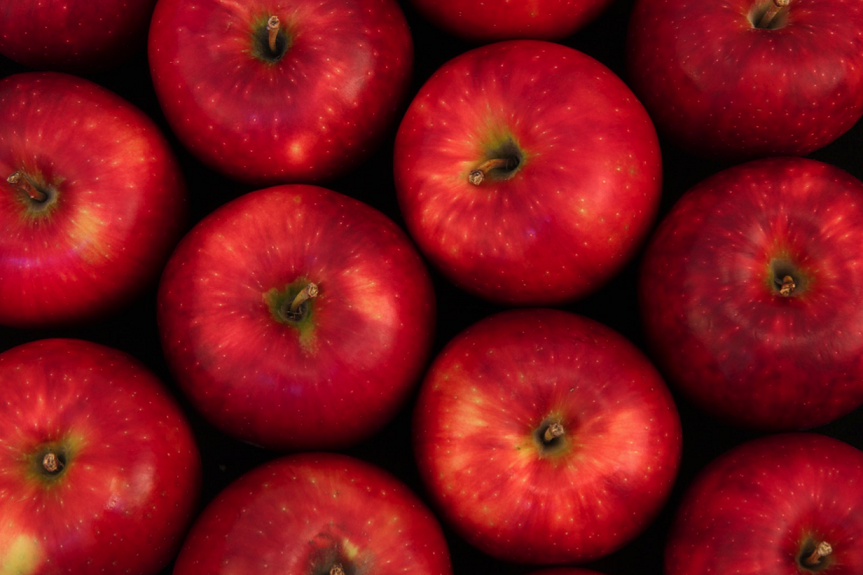U.S. Apple Association reacts to easing of tariffs on EU imports

The U.S. and the EU have agreed to ease tariffs on billions of dollars of steel and aluminum products after months of negotiation.
Officials said the agreement would lower costs on goods like cars and washing machines, reduce carbon emissions and help get the supply chain moving, according to the Financial Times.
The U.S. Apple Association's President and CEO, Jim Bair said: "Hopefully this will be the first step in helping reclaim market share for other U.S. export-dependent farm commodities."
"But for most U.S. apples the announcement will have little positive effect since the EU's unscientific rules against even infinitesimally low residues of modern production compounds lock U.S. growers out of that market."
Bair said that the compound used to help prevent storage rot is the specific residue that creates those difficulties in the EU market for U.S. growers.
U.S. apples sampled through the national pesticide residue monitoring program have either no residues or residues far below EPA’s strict tolerances, he said.
"A child could eat 340 servings of apples every day without effect from pesticide residues. The EU’s arbitrary rules deny its own consumers the superior new apple varieties being grown in the United States."
The EU was set to increase retaliatory tariffs on U.S. goods from December 1, having paused action in May to allow time for negotiations.
U.S. trade representative Katherine Tai told reporters that the agreement "also addresses global overcapacity from China and toughens enforcement mechanism to prevent leakage of Chinese and other unfairly traded steel and aluminum into the U.S. market".
He said the industry hopes this announcement will mean a similar review of the steel and aluminum tariffs imposed on India and China, which, respectively, were the second and sixth-ranked export markets for U.S. apples before the tariffs.
Total tariffs against U.S. apples are 70 percent in India and 55 percent in China, "taking a large bite out of the United States’ formerly one-billion-dollar apple export market," Bair said.








































